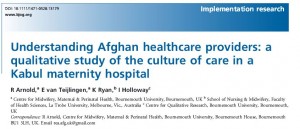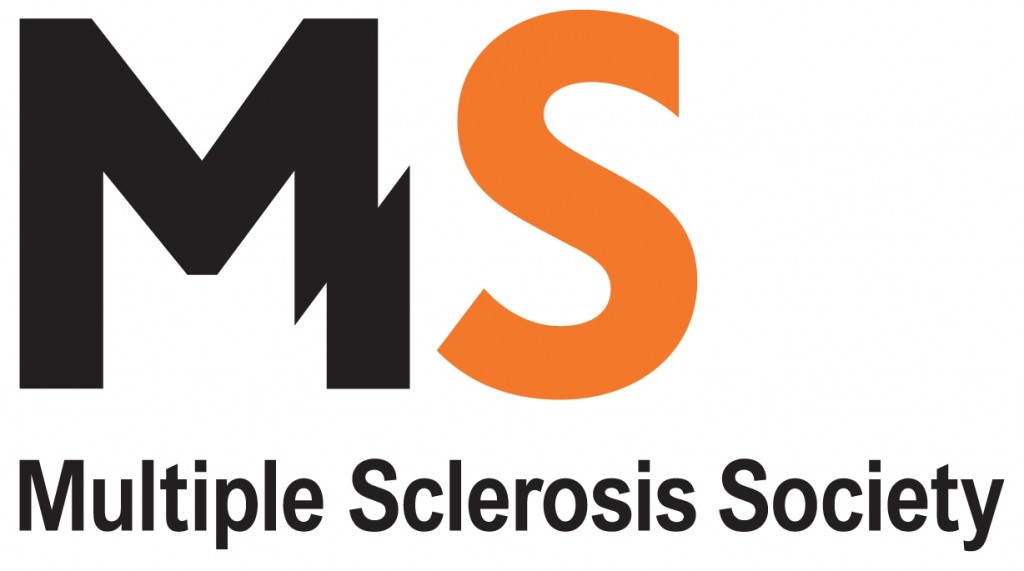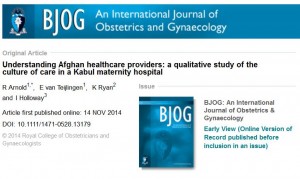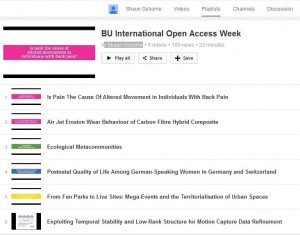 Happy New Year to you all and welcome back to work! Each day this week we’ll be posting a New Year’s Research Resolution to help you get back into the swing of things. Today’s resolution is to forward plan your research strategy.
Happy New Year to you all and welcome back to work! Each day this week we’ll be posting a New Year’s Research Resolution to help you get back into the swing of things. Today’s resolution is to forward plan your research strategy.
WHY? – To ensure your time and efforts are utilised in the most effective and advantageous way then you should have an up to date research strategy. This should set out a plan of how you want your research to develop, what your goals are for the next year, three years, five years, fifteen years, etc., and the steps you need to take to get there. It should cover funding (internal and external), publishing and other activities, such as public engagement, that will support you to develop your career over the years.
HOW? The steps below will take you at least a couple of hours to work through and could take significantly longer. Working through them, however, will pay dividends as a plan will give structure and objectives for your short- and long-term research career development.

Ensure you are aware of the support available to you and the research strategy of your Faculty. Check out stage 1 of BU’s research lifecycle – Your Research Strategy. This outlines the support and resources available to you when designing your research strategy, including support from RKEO, horizon scanning for future funding calls and policy news/issues, and support from the academic development schemes that BU offers. It also provides links to the most recent versions of the Faculty strategies.
 Start to write your plan. Start by asking yourself what your ultimate goals are. These could be:
Start to write your plan. Start by asking yourself what your ultimate goals are. These could be:
– to be the lead partner for a collaborative EU project
– to establish and lead a research centre or institute
– to publish an article in a leading journal
– to be a keynote speaker at a leading international conference
– for your research to result in a change to a national policy
– for your research to result in a significant benefit in the local community
– to land a senior academic position at a leading university in another country
Once you have these listed then put realistic dates against when you wish to achieve these.
 Then work backwards and identify the steps you need to get there, setting yourself targets to achieve each task.
Then work backwards and identify the steps you need to get there, setting yourself targets to achieve each task.
For example, if your goal is to lead a collaborative EU project then you will need to: ensure you are fully conversant with Horizon 2020 and EU strategy, join/establish a network (ideally to join one that has already had some EU success), apply for some internal funding (via the Fusion Investment Fund or the URA Programme) to undertake some pilot research, apply for small research grants (these help you to gather data and build a track record), engage with business/industry to undertake contract research, KTPs, consultancy, etc (this helps you to build your profile, make connections, build you track record, develop real-world case studies to support your teaching), publish your work in highly ranked journals and ensure your work is freely available (open access publication fund and via BURO), use your network to bid for EU funding with you as a work package leader, apply for a research fellowship, undertake some public engagement work, etc.

Set yourself success measures where appropriate and add in specifics. For example, if one of your interim goals is to publish in a journal then identify two or three journals highly ranked journals (such as Q1 journals on Web of Science or Scopus) that closely align to your research field and make your interim goal to specifically publish in one of these journals.

Review the interim tasks and think about the support you need to achieve these. Would additional support help you to achieve these goals? Maybe an industry-based mentor would help? Add these to your plan.

Share your plan (or at least parts of it) with those who can support you in making it a reality. For example, share your long-term bidding plan with the Research Facilitators in RKEO who can help you with horizon scanning, identifying potential funders and calls, shaping ideas, etc. Share the highlights of the plan with your line manager and Deputy Dean Research who can help you with time, support and resources.

Once you have finalised your plan then try not to be diverted from it and regularly check progress against your goals.
Sources of further information include:
Elsevier’s Charting a course for a successful research career
Strategic approaches to getting your work published
Academic career pathway diagram
The perfect academic career path (includes an excellent career path diagram from the ESRC)
Winning grant funding and writing papers for publication

 This week we would like to introduce you to Octavio Pernas and Alex Harris, who are the NCPs for Health, Wellbeing and Demographic Change.
This week we would like to introduce you to Octavio Pernas and Alex Harris, who are the NCPs for Health, Wellbeing and Demographic Change.
































 REF Code of Practice consultation is open!
REF Code of Practice consultation is open! BU Leads AI-Driven Work Package in EU Horizon SUSHEAS Project
BU Leads AI-Driven Work Package in EU Horizon SUSHEAS Project Evidence Synthesis Centre open at Kathmandu University
Evidence Synthesis Centre open at Kathmandu University Expand Your Impact: Collaboration and Networking Workshops for Researchers
Expand Your Impact: Collaboration and Networking Workshops for Researchers ECR Funding Open Call: Research Culture & Community Grant – Apply now
ECR Funding Open Call: Research Culture & Community Grant – Apply now ECR Funding Open Call: Research Culture & Community Grant – Application Deadline Friday 12 December
ECR Funding Open Call: Research Culture & Community Grant – Application Deadline Friday 12 December MSCA Postdoctoral Fellowships 2025 Call
MSCA Postdoctoral Fellowships 2025 Call ERC Advanced Grant 2025 Webinar
ERC Advanced Grant 2025 Webinar Update on UKRO services
Update on UKRO services European research project exploring use of ‘virtual twins’ to better manage metabolic associated fatty liver disease
European research project exploring use of ‘virtual twins’ to better manage metabolic associated fatty liver disease